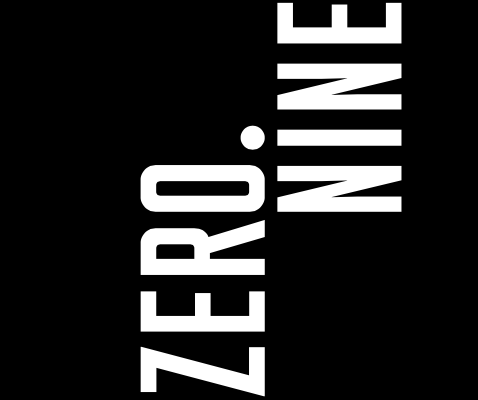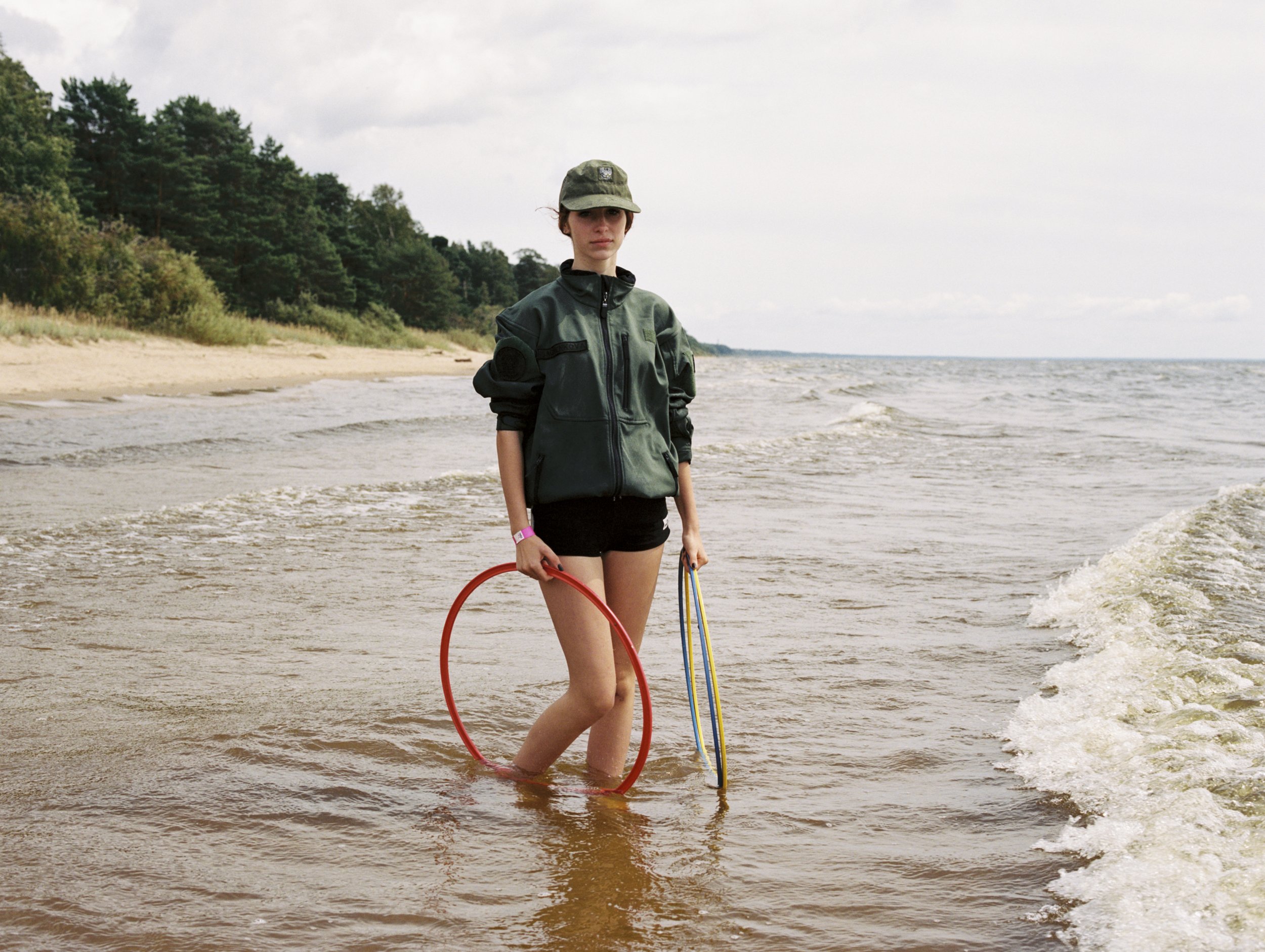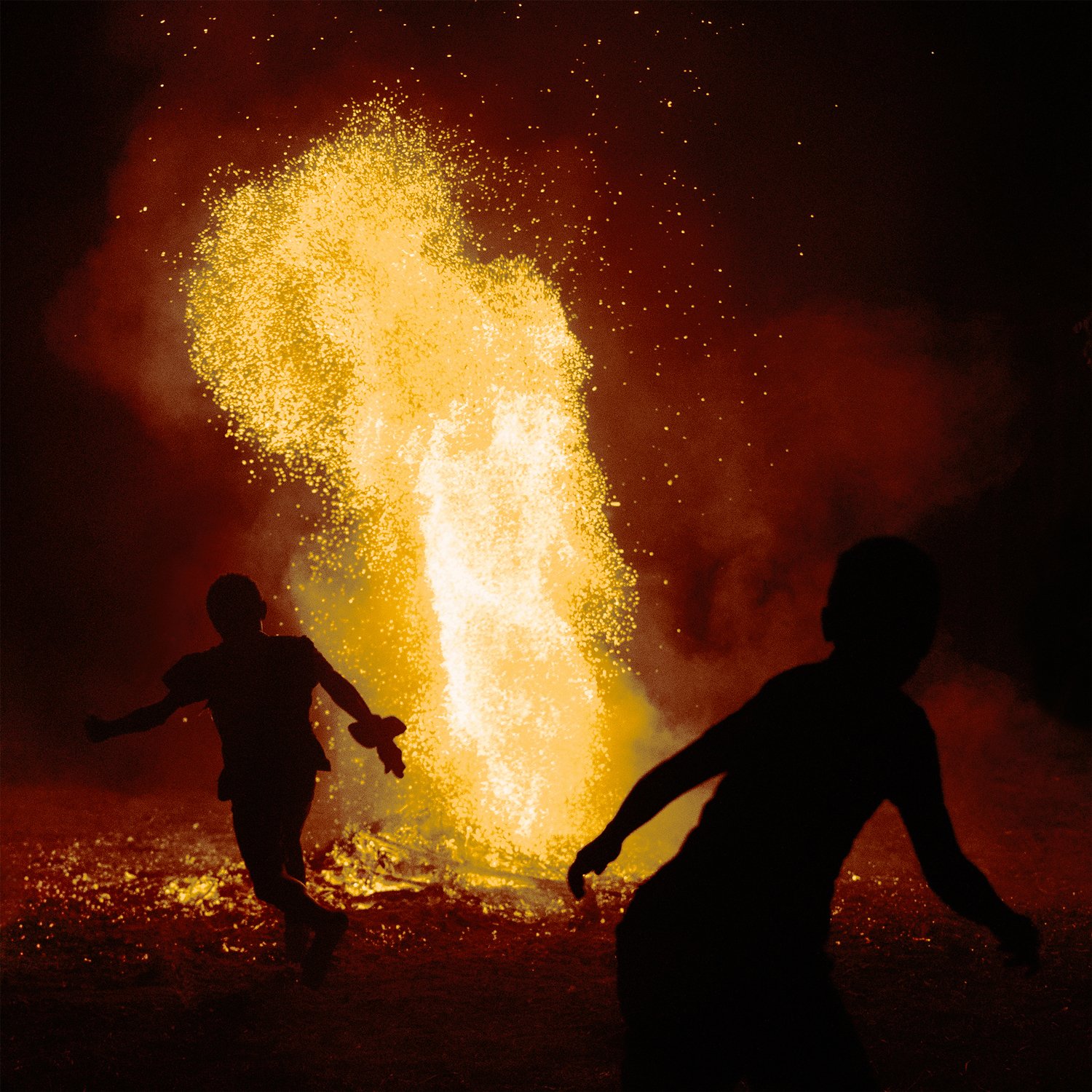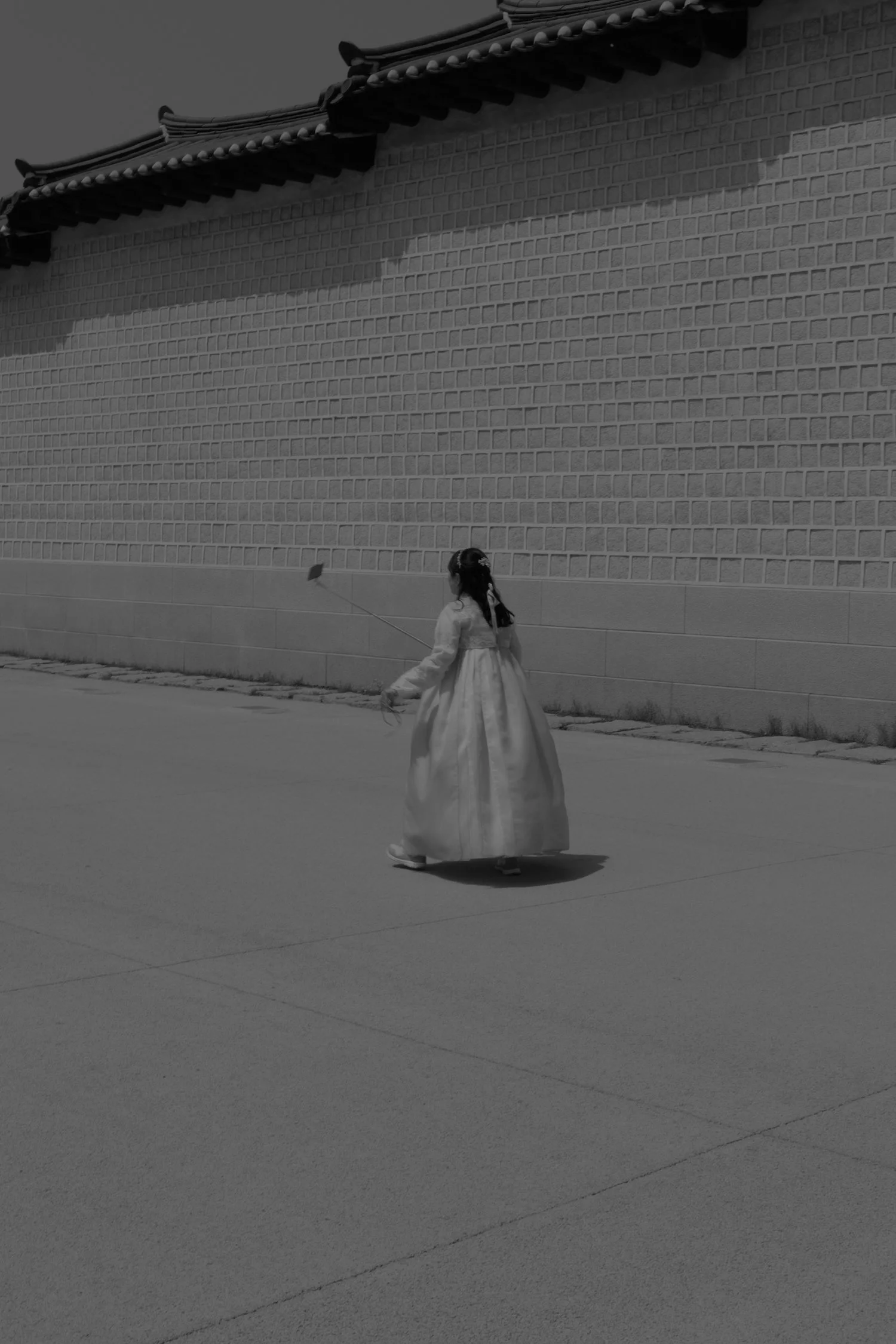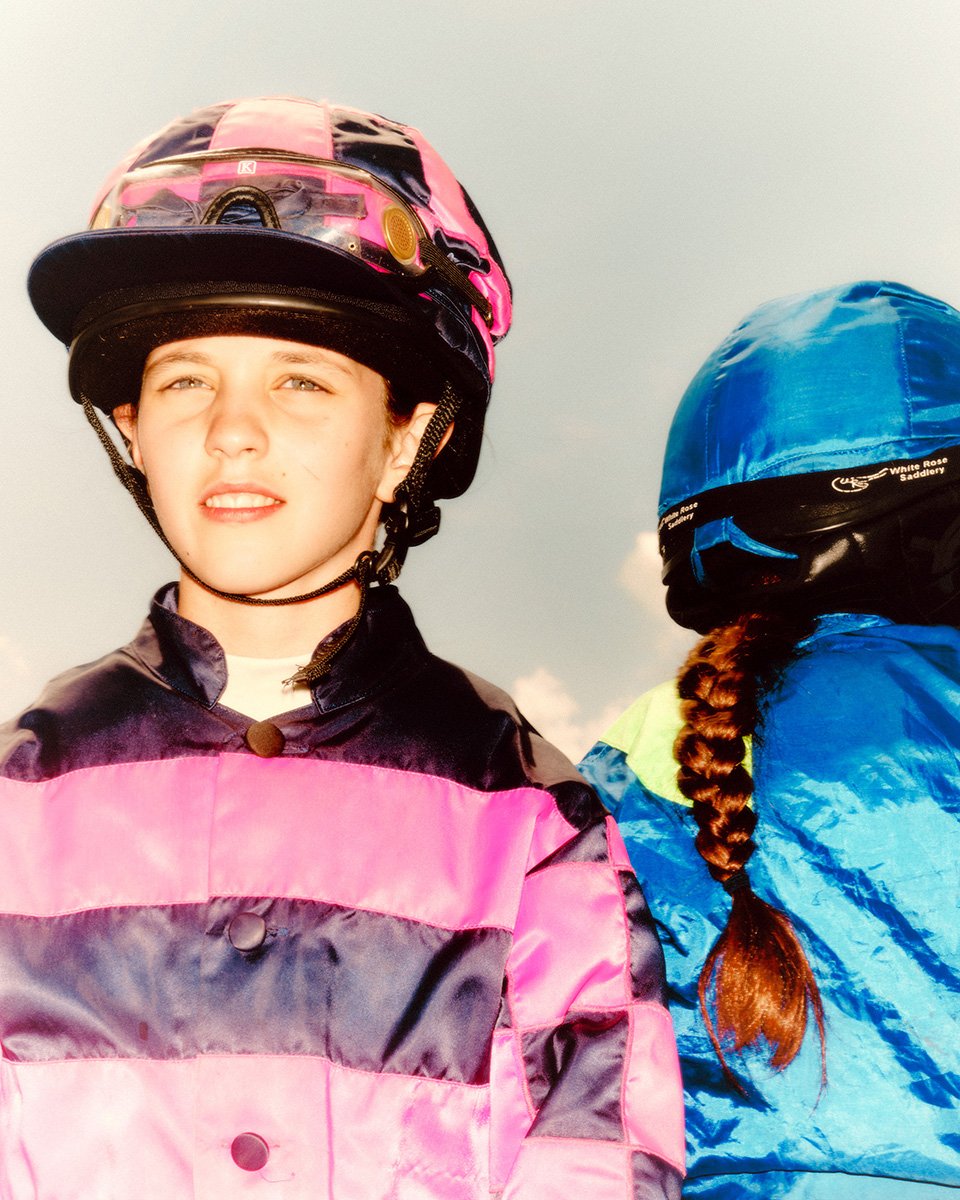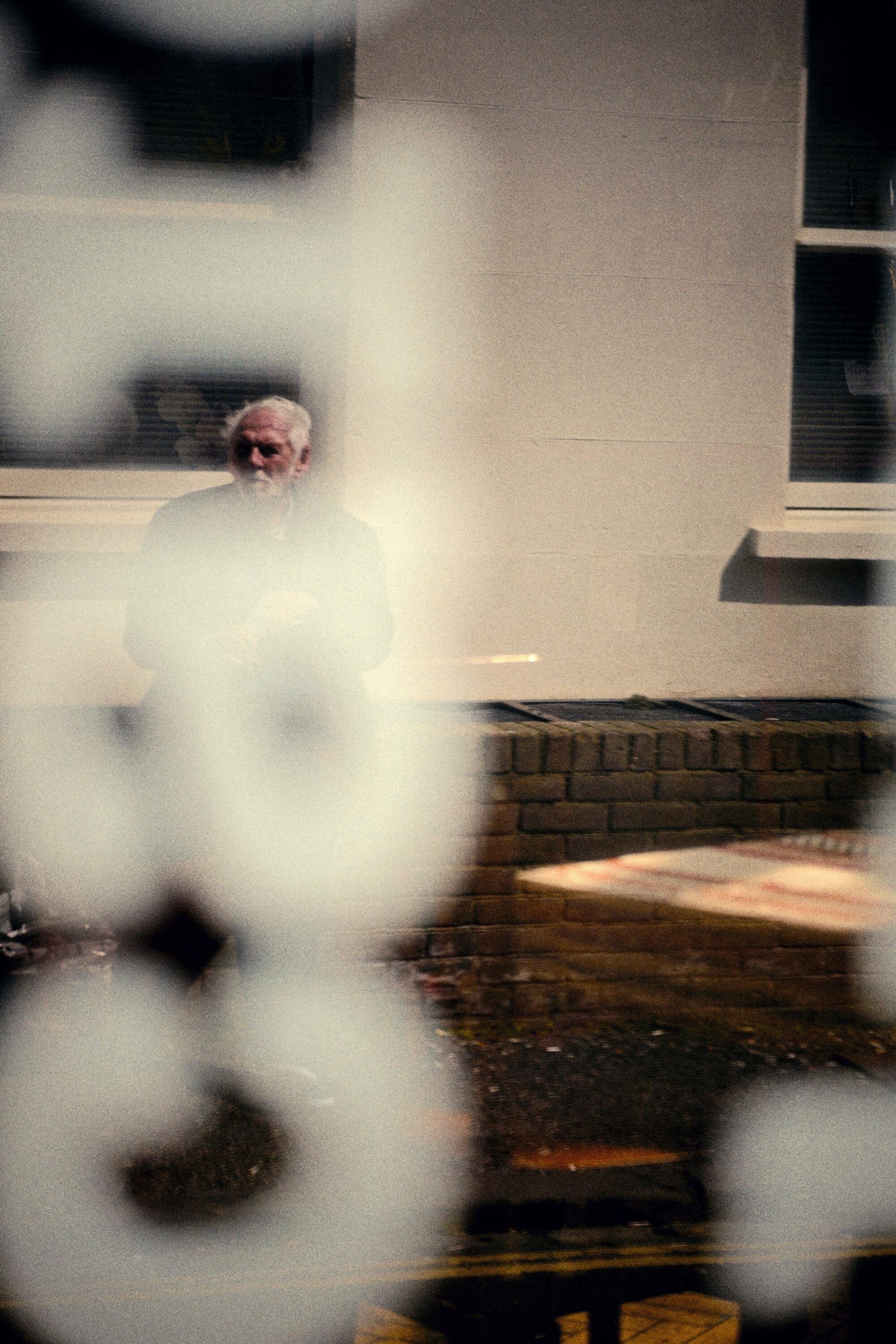In flesh and blood
Phil Manzanera (London, 1951) is living history in popular music: he played with Roxy Music, was a top guitarist and producer and his contribution to music is more than remarkable. We caught up with him (and had a very good time!) in his Gallery Studios.
Words David Saavedra Photography JC Verona Styling Claudia SaadehYou spent your childhood travelling between the Americas countries, and you started to play guitar in Cuba, during the revolution. What was that like?
I had a Colombian mother, from Barranquilla, and a British father. He was sent to work in Havana in 1957. My mother had a little Spanish guitar, that I still have here. She showed me to play some things like “Cielito lindo”, “Quizás, quizás, quizás”….They used to take me to the Tropicana Club and it was the time when the mob ruled Cuba. Celia Cruz used to sing there, and all those fabulous musicians from the Buenavista Social Club were playing at their prime. There was a lot of music, all went into me, and then, during the revolution we lived opposite the chief of staff of the dictator, general Tabernilla. His house was attacked from my garden, so there was like gun battles, it was a night spent with my mother screaming, pushing our faces down the floor in the bathroom… It was dramatic. After four months, in 1959, it was too dangerous for foreigners to be there, so we had to leave. We went to New York City, then my father was sent to Hawaii and after nine months he was sent to Caracas. I had some Venezuelan friends who played guitar, some American kids came over to our hood to play at parties and we went to see them, played some Buddy Holly and Chuck Berry stuff. All the girls were looking at the guys, so we thought (In Spanish): “Tenemos que armarnos con guitarras eléctricas!”. An English boy showed me some Chuck Berry chords and it was like: “Wow! Rock’n Roll! ”I used to listen to the BBC and said to my parents: “You have to send me to London!”. They accepted and I came here. This was the place where I really learned a lot.
You never lost your Latin roots. How do you think the South American community and its music has evolved since you started playing in the 70s, to today’s post Brexit world?
There are lots of South American musicians in London, fantastic young ones. The diaspora of the second generation of Latinos is a vibrant community, with a strong scene, magazines, promoters, lots of events going on… The great thing about London is that there is a strong mixture of people, cultures and music, and they cross pollinate. One of the things I’d like to do is an album of Roxy Music songs in Spanish. I’ve done some demos with Andrea Echeverri, from Aterciopelados, Richard Coleman, Robbie Draco Rosa… and I’m reaching out to lots of other people.
Suit and shirt, all vintage; scarf by Rockins; hat and brooch, both Phil’s own.
Let’s talk about Roxy Music. How do you remember the band’s early days? Did you ever fathom how influential of a band you were going to become?
If I take you back to 1971. There was a journalist, Richard Williams, in the British newspaper Melody Maker. Bryan (Ferry) sent him a tape of the embryonic Roxy and it got a fantastic review, but it also said it was a copy of Soft Machine. Then they posted an ad saying they were looking for a guitarist. I went for it and I knew they were very special. They were five years older than me and very grown up, they’ve been to the university, they had bank accounts, they had a car and they drove to buy a PA, so I thought: “Oh, these guys are fantastic!” I failed the audition in the first time but, after that, they told me: “Would you like to join the band?”. It was my 21st birthday in January, two weeks later we signed the first Roxy Music contract, six weeks later we were recording our first album. On the 10th of June the album was released and it was number 4 in the charts. So I was in the right place at the right time. I was just lucky.
”The most important thing is music and its resonance with the listener.”
Three years later you started to collate your Roxy Music career with your sol works. An obscure guitar riff from your song “K-Scope” was sampled in 2011 by Jay-Z and Kanye West. How did you feel about that?
Automatically I felt very happy but let me start telling you that I knew nothing about that. I was here in my studio, the phone rang, and it was a guy from Roc-A-Fella Records, in New York, and he said: “Is that Phil Manzanera?”, and I said “Yeah!”. “I just wanted to tell you that Kanye West and Jay-Z have sampled one of your guitar riffs, it’s on the first track on the album “Watch The Throne”, which is coming out next week”. I said “Wow! I think you’ve made a mistake, because people always mistake my name for Ray Manzarek” (keyboard player and songwriter in The Doors). So it came out, it was a number one, it won a Grammy, it was used in films and commercials… I got more money for that bit of guitar playing than the whole of my time in Roxy Music (laughs). I felt interested in how they got it, and the story was that a friend of Kanye called 88-Keys, in New York, was round the record shops sampling stuff, but only analogue vinyl from 1976 to 1979. One day he was travelling back to his home, and he had a call from Kanye West. “Listen, we’re recording in some hotel suites, please come with some riffs”. So he goes there, plays my riff and they say: “Ok, we go with that one!”. The most brilliant thing about this guy is that he slowed it down. The guy is a genius!
Suit by Paul Smith; t-shirt, Phil’s own; pocket square, vintage; socks and boots, Phil’s own.
Are you into hip hop music, or the British garage sounds coming out from London?
I hear it on the radio and I like some of it, I particularly like Little Simz and Stormzy. He is a force of nature, he’s much more than simply music, he is a symbol. I appreciate that, they do whatever they want to do, and it seems to work for them.
What is it like to run a high-profile professional recording studio, in an age when technology allows artists to cheaply record and produce music in their own bedrooms?
I haven’t done any work in the studio for the last three years. Because of Covid, I recorded in a small house in the country and I had one amplifier, one very cheap microphone, one expensive one, three guitars and a little interface box. If I was 18 or 19 years old I would do it in my room with a little software. You don’t need to be in a very expensive studio unless you’re a band and you want to play together, because there is an extra value in doing that. Whatever works is good, in the technological sense, but the most important thing is music and its resonance with the listener.
Shirt, Phil’s own. Trousers by Paul Smith. Boots throughout, Phil’s own.
The first recording you made in your studios was the “Comicopera” album by Robert Wyatt, in 2007. You’ve also worked there with Brian Eno and David Gilmour. It seems like you’ve been very faithful to all your old friends from the beginning.
Well, you know. The reason I began to make music was to meet people, to have a good time and to have musical conversations with them. So every now and again you meet up with these people and we say: “Why don’t we try something?” It’s about a lifestyle, it’s not about a career. Luckily, I’ve had some success over the years, so I can do that. I have known David Gilmour and Robert Wyatt since I was 16, Brian Eno and Bryan Ferry since I was 20.
”Whether or not any real change is produced is down to politicians, unfortunately. But I do think there is a role for musicians in talking and singing about certain issues.”
Of all the music you’ve produced, some of the most outstanding is the material you created with John Cale and Nico in the 70’s.
Everybody in Roxy loved The Velvet Underground. John Cale was suggested to produce our second album, but he said: “No, it’s better if Chris Thomas does it!” Some years later, 1974 I was offered to work with Cale on the album “Fear”. I was searching for musicians to play on it. I was only 25 then and John was a mythical person for me. When we finished, he said: “I’m gonna record a song with Nico on her next album, “The End”. Do you wanna come and play some guitar?”. If you look at the back cover in the first Velvet Underground record, Nico is like a goddess, so I was like… “Yes!!” She was very sweet. She came downstairs, she looked at the control rooms and she told me: “Don’t do anything this crazy man says!”. It was fantastic, it was my dream come true. I was only there for a couple of days, but it was a joy, an honour and a thrill. I was very sad to read later on, how her life went downhill.
You had a very important contribution to Pink Floyd’s “The Endless River” in 2014, a very strange final album for such a legendary band. How’s your vision now, with the pass of time, of that experience?
We know that Pink Floyd is a complicated subject matter. There are people who think that when Roger (Waters) left and that was the end. Lots of people didn’t accept that Pink Floyd continued just with David (Gilmour), and Polly Samson (Gilmour’s wife) writing lyrics. So, apart from this dodgy situation, David is my next-door neighbour in the country, and one day he said to me in the kitchen: “We have this stuff from long ago, would you fancy to take a listen and see if we could do something with it?”, I said “Ok, I’ll try”. I went to his boat and I spent six weeks listening to every little piece that was taken out from the jams with Rick (Wright) and Nick (Mason) for “The Division Bell” (1994). I listened again to all Pink Floyd albums, and I thought: “What would Pink Floyd fans like to listen to considering the limitations we have”? So what I liked to hear was the organ sound that Rick had, his early Farfisa. I looked for bits and tried to organise the material. I created four movements, like in a Symphony. I put in some old stuff and saw if I could stream it all together. I heard nothing from David and Nick for nine months, until they told me to play it for a friend producer called Youth. The four of us went to his studio in order to finish the album. I thought: “Oh, fans are gonna feel really surprised, some will be very annoyed, but there will be a shock when Pink Floyd announce a new album!”. It was number 1 in every country, so you can see the value of a brand.
Your last record, “Caught By The Heart” is a collaboration with Tim Finn, another guy you know from the 70’s.
I first met Tim in the first Roxy Music Tour in Australia, in 1974. His band, Split Enz, were our support act and they asked me to produce their next album. They became very popular, and even more with (his brother Neil Finn’s] band Crowded House afterwards, but we stayed in contact as friends. When lockdown happened, in March 2020, he sent me an email and I was on my computer, looking at my screensaver, which is a picture of an island in the Pacific. He asked me: is there any music I can write and sing with Latin slow grooves? And I said: “Ha, you came to the right place!” We ended up doing 24 tracks, and the first 10 are on this album. The rest will be on the next one, that comes out in March 2022. It’s a great story about what happens during Covid, musicians will not be held down, they will keep making music somehow.
Suit and shirt, all vintage; scarf by Rockins; hat and brooch, both Phil’s own.
Two of your most recent projects are The Solidarity Express and The Liberation Project. What are your thoughts on the notion that music can be a force for equality and social justice?
Well, I think the function of music primarily is to act as a psychological help for people. People like to hear music at birthdays and funerals, when they’re happy, when they want to dance, when they want to chill out. Everybody likes music because it helps you to deal with life, but we also know that musicians coming together in solidarity can help to shine a light on causes in a pleasant way. You can dance and sing along with the song “Free Nelson Mandela” by the Special AKA. In South Africa, I have a very enjoyable relationship with musicians there since apartheid finished. I always wanted to do anything I could to go and play with these fantastic people. It started with the WOMAD tour, we actually played in Canarias for the first date. We got back and played in events for communities in South Africa. Two years ago we went on tour to Italy, we played with Jovanotti and he loved what we were doing. There are still lots of issues in South Africa to do with regeneration. Whether or not any real change is produced is down to politicians, unfortunately. But I do think there is a role for musicians in talking and singing about certain issues.
Thank you very much, Phil. It has been a pleasure to talk to you.
